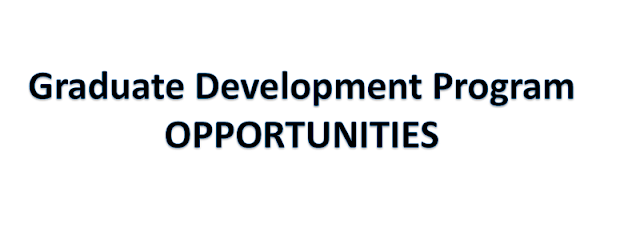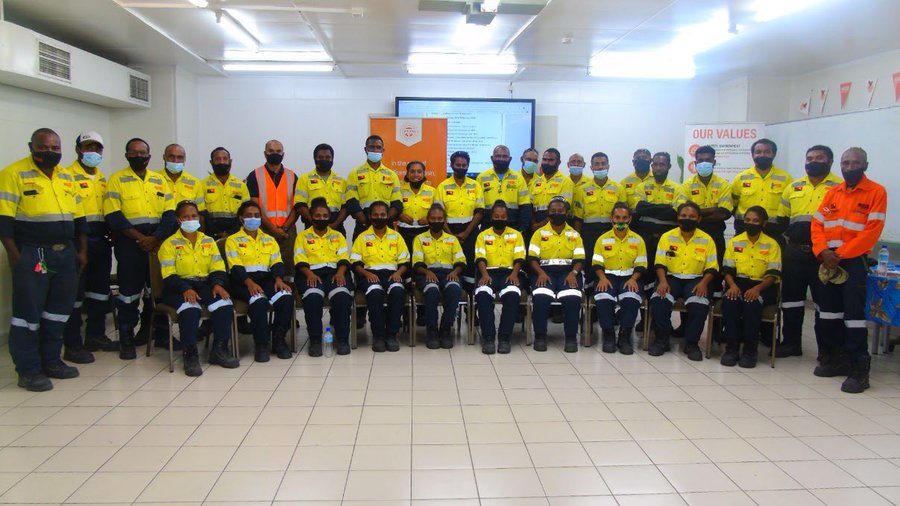The Santos Apprentice Program is a four-year initiative to develop skilled tradespeople for maintenance and production roles. In partnership with Programmed Training Services, apprentices receive structured training and valuable hands-on experience in the oil and gas sector.
Focusing on local talent from Papua New Guinea, Santos offers opportunities in Production, Mechanical, Electrical, and Instrumentation Technician roles. Through trade college studies and practical, on-site training, apprentices gain essential skills in a safe, supportive environment, preparing them for impactful careers across Santos' facilities.
2025 Apprentice/Trainee Program Details
- Production Technician
- Mechanical Technician
- Electrical Technician
- Instrumentation Technician
To be considered for the 2025 Apprentice/Trainee Program, you must:
- Must be a PNG citizen.
- Must be in your Final Year of Study at a PNG Technical Institution in 2024 in National Certificate 3, Technical Trade Certificate or a Diploma/Degree certification.
- Must have achieved B grades or above in in Year 12 HSC results in the areas of English, Maths with Science being desirable.
- Have a NID card and a current passport or be able to obtain a passport.
- Personal Attributes & Qualities:
- Proficient in MS Word, MS Excel and Outlook is preferred.
- Able to self-organise with good time management and planning skills.
- Good written & Oral Communication Skills
- Confidence and Decision-making ability
- Must be a Team Player
How to Apply
Interested applicants should submit the following:
- Cover Letter
- Updated CV; detailing qualifications, job experience, and contact details of three most recent referees
- Copy of Grade 12 HSC
- 1 X Character Reference Letter from either a community leader or school administration/lecture
To apply, email your CV and other relevant documentation to apply@pngworkforce.com. Please include the Job ID "#21638" in the email's subject to ensure your application is processed.
- Playing a role in the safe and efficient daily operation and maintenance of the facilities while undergoing training.
- Being an active part of the continuous improvement process for the operation.
- Operating or maintaining in designated areas of the facilities in line with competency program.
- Working within the facility Permit to Work system and other Santos safety systems.
- Perform to high practical and ethical standards required of a world class operation.
- Complete training and assessments as required by NATTB to obtain a trade certificate.
To Be Considered:
Must be in your Final Year of Study at a PNG Technical Institution in 2024 in National Certificate 3, Technical Trade Certificate or a Diploma/Degree certification.
Must have achieved B grades or above in Year 12 HSC results in the areas of English, Maths with Science being desirable.
Must have a NID card and a current passport or be able to obtain a passport.
Personal Attributes & Qualities:
- Proficient in MS Word, MS Excel and Outlook.
- Able to self-organize with good time management and planning skills.
- Good written & Oral Communication Skills.
- Confidence and Decision-making ability.
- Must be a Team Player.
Potential Scams
There are a number of fake adverts that are impersonating Santos Limited, in these instances you will receive an e-mail from a generic e-mail address. We do not make offers without interviews or due diligence taking place. You will know if an advert is genuine if you are directed to the Santos company careers page to apply which is https://recruitment.santos.com/









